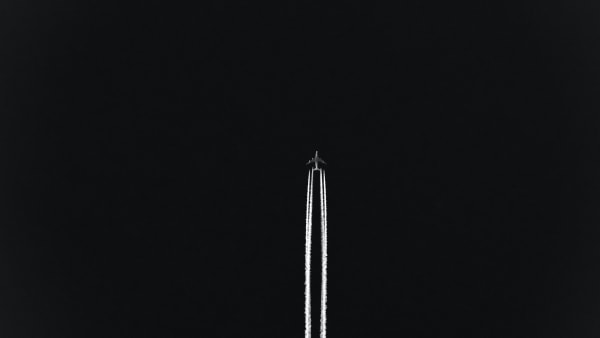Essential Interview Tips for Aspiring Pilots
Becoming a pilot takes more than just excelling at flight school or amassing flight hours. It also requires acing the notoriously challenging pilot interview. While the interview process may seem daunting, with the right preparation and mindset, you can increase your chances of success. In this post, we'll cover essential pilot interview tips that can help you make a positive impression and secure your dream job.
Preparing for the Pilot Interview
Research the Airline
Knowing about the airline you're interviewing with demonstrates your interest and commitment. Not only should you understand the company’s history and mission, but also its culture, values, and recent news. A good understanding of the airline’s operations, routes, fleet, and future expansion plans can impress your interviewers.
Review Common Pilot Interview Questions
Study and prepare responses for common pilot interview questions. While the exact questions will vary, typical ones include:
- Why do you want to be a pilot?
- Why did you choose our airline?
- Can you describe a challenging flight situation and how you handled it?
- How do you cope with stress and fatigue?
Remember, the goal is to provide honest, detailed responses that showcase your command, decision making, and leadership skills.
Brush Up on Technical Knowledge
Your technical knowledge will inevitably be tested. Be prepared to answer questions about navigation, aerodynamics, meteorology, aircraft systems, and FAA regulations. Reviewing your flight school coursework can be beneficial.
During The Pilot Interview
Dress Professionally
You should dress in a manner befitting the role of a pilot: polished and professional. A dark-colored suit, clean shoes, and a crisp shirt can go far in making the right first impression.
Be Punctual
Punctuality is essential in the aviation industry. Aim to arrive at least 15 minutes early. If you're not familiar with the location, consider doing a test run beforehand.
Show Your Passion for Flying
Passion can set you apart from other candidates. Demonstrate your love of flying by talking about your first flight, your favorite flying moments, or the reasons you decided to pursue a career in aviation.
Exhibit Teamwork and Leadership Qualities
Pilots work with co-pilots, cabin crew, ground staff, and air traffic controllers. Your ability to exhibit teamwork and leadership is important. Use examples from your past experiences to display these qualities.
Answering Behavioral Questions
Behavioral questions are used to gauge your reaction to specific situations. When answering, utilize the STAR method: describing the Situation, Task, Action, and Result. This can clearly showcase your ability to handle challenging scenarios in a structured manner.
Post Interview Tips
Follow Up After the Interview
It's good practice to send a follow-up email after your interview. It reminds the interviewer of your conversation, expresses your gratitude for the opportunity, and reiterates your interest in the role. Be sure to make it personalized, reflecting on a specific topic that was discussed during the interview.
Reflect on Your Performance
After the pilot interview, take the time to reflect on your performance. This can assist you in identifying areas where you performed well and areas where you need improvement.
Becoming a pilot is a journey filled with challenges, with the interview being a significant hurdle. But don't let it intimidate you. With the proper preparation and mindset, you can turn this challenge into an opportunity. Remember, every interview is a learning experience that brings you one step closer to achieving your dreams of flying. Though the road to becoming a pilot is demanding, it's incredibly rewarding. Now, with these pilot interview tips, navigate your way to a successful interview and start soaring towards an exciting career in aviation!
About the Author:
A certified commercial pilot and flight instructor, John Doe has more than 10 years of experience in the aviation industry. Leveraging his extensive knowledge and experience, he provides insights into the aviation sector, giving advice and useful tips for aspiring pilots. His passion for aviation has directed him towards helping others achieve their flying dreams.




